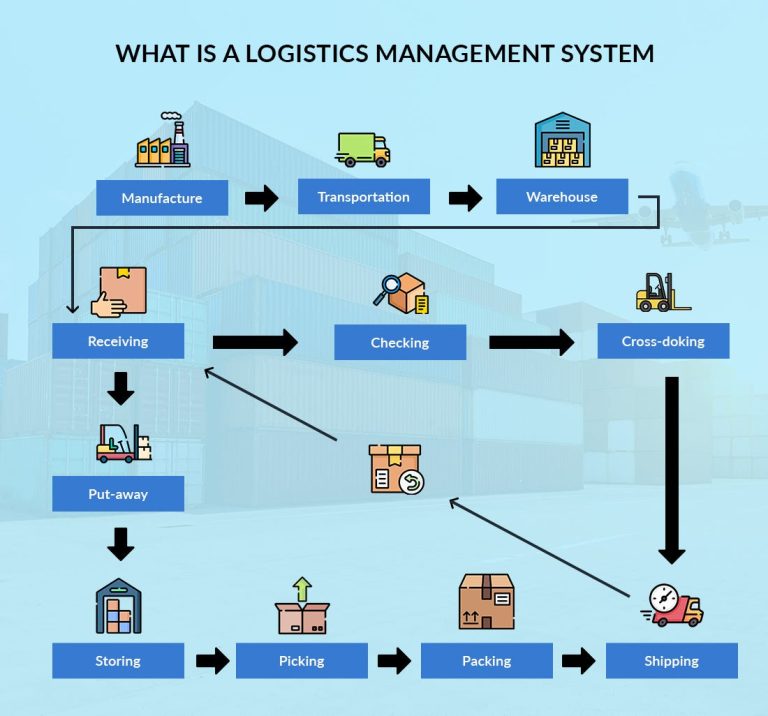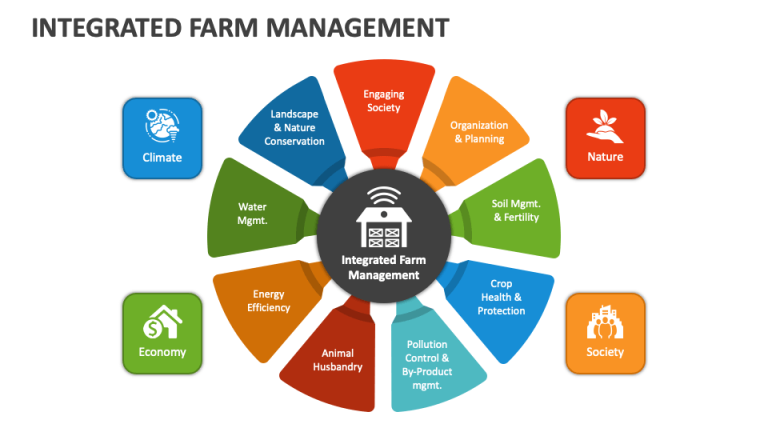Training Course in Fundamentals of Statistics

About The Course
Course Description
Statistics is the art of using data to make numerical conjectures about problems. Descriptive statistics is the art of summarizing data while statistical inference is the art of making valid generalizations from samples. This is an introductory course in statistics designed to provide participants with the basic concepts of data analysis and statistical computing. The course is designed to help participants learn the introductory descriptive and inferential statistical procedures that are used in behavioral and social science research studies. Participants will acquire statistical literacy, become skilled at graphic production, learn the basics of making inferences from samples to populations, and recognize the statistics used with different types of data. These skills will provide the participant with a basis to conduct their own such analyses and to critically evaluate others’ uses of statistics. The main objective of the course is to provide participants with pragmatic tools for assessing statistical claims and conducting their own statistical analyses.
Quantitative Reasoning
Quantitative Reasoning courses are designed to equip you with skills that are necessary for understanding the types of quantitative arguments you will regularly encounter in your professional life. You should therefore expect a substantial portion of tests to assess your use of quantitative skills to analyze real-world problems.
Rationale
In an increasingly complex world, statistical thinking, understanding, and skill are more important than ever. This course provides participants with skills for proficiency in statistics, and the opportunity to learn to communicate and reason statistically.
Prerequisites
Mathematical skills: While this course is not completely mathematical, it is founded upon the use of mathematical tools. Thus some fundamental mathematical skills are essential for successful mastery of the material.
Calculator: Students are required to bring to the training, a scientific calculator that can be used to sum, multiply, take the square root and square of numbers.
Course Objectives
By the end of the course, participants should be able to:
- Explain the use of data collection and statistics as tools to reach reasonable conclusions.
- Recognize, examine and interpret the basic principles of describing and presenting data.
- Compute and interpret empirical and theoretical probabilities using the rules of probabilitiesand combinatorics.
- Explain the role of probability in statistics.
- Examine, analyze and compare various sampling distributions for both discrete andcontinuous random variables.
- Describe and compute confidence intervals.
- Solve linear regression and correlation problems.
- Perform hypothesis testing using statistical methods.
- Demonstrate their understanding of descriptive statistics by practical application of quantitative reasoning and data visualization
- Demonstrate their knowledge of the basics of inferential statistics by making valid generalizations from sample data
Training Methodology
The course is designed to be highly interactive, challenging and stimulating. It will be an instructor led training and will be delivered using a blended learning approach comprising of presentations, discussions, guided sessions of practical exercise, case study review, web based tutorials, group work and exploration of relevant issues. Our facilitators are seasoned industry professionals with years of expertise in their chosen fields. All facilitation and course materials will be offered in English.
Course Content
- Introduction and Getting Started
- What is Statistics?
- What is Data?
- Types of variables
- Data collection principles
- Types of studies
- Examining numerical data
- Graphical Summaries of Data: Histograms and other graphs
- Numeric Summaries of Data: Mean; Standard Deviation and other numerical measures
- Examining Categorical Data
- Tabular Methods: Contingency tables
- Graphical Methods: Bar plots and other graphs
- Probability
- Elementary probability rules
- Conditional probability
- Random variables
- Distributions of Random Variables
- Normal distribution
- Evaluating the normal approximation
- Binomial distribution
- Foundations for Inference
- Variability in estimates
- Confidence intervals
- Hypothesis testing
- The Central limit theorem
- Confidence Intervals
- Confidence Intervals (Using z)
- Point Estimates of Parameters
- Confidence Intervals Using t
- Hypothesis Testing
- Null and Alternative Hypotheses
- One and Two Tail Tests
- Type I and Type II Errors Hypothesis Testing
- Correlation/Regression
- Least Squares
- Slope
- Y Intercept
- Inference for Numerical Data
- One sample tests about a population mean
- Comparing two population means
- Comparing many means with ANOVA
Requirements
Participants should be reasonably proficient in English. Applicants must live up to Phoenix Center for Policy, Research and Training admission criteria.
NOTE
- Discounts: Organizations sponsoring Four Participants will have the 5th attend Free
- What is catered for by the Course Fees: Fees caters for all requirements for the training – Learning materials, Lunches, Teas, Snacks and Certification. All participants will additionally cater for their travel and accommodation expenses, visa application, insurance, and other personal expenses.
- Certificate Awarded: Participants are awarded Certificates of Participation at the end of the training.
- The program content shown here is for guidance purposes only. Our continuous course improvement process may lead to changes in topics and course structure.
- Approval of Course: Our Programs are NITA Participating organizations can therefore claim reimbursement on fee paid in accordance with NITARules.
How to Book: Simply send an email to the Training Officer on training@phoenixtrainingcenter.com and we will send you a registration form. We advise you to book early to avoid missing a seat to this training.
Or call us on: +254720272325 / +254737566961
Payment Options: We provide 3 payment options, choose one for your convenience, and kindly make payments at least 5 days before the Training start date in order to reserve your seat:
- Groups of 5 People and Above – Cheque Payments to: Phoenix Center for Policy, Research and Training Limited should be paid in advance, 5 days to the training.
- Invoice: We can send a bill directly to you or your company.
- Deposit directly into Bank Account (Account details provided upon request)
Cancellation Policy
- Payment for the all courses includes a registration fee, which is non-refundable, and equals 15% of the total sum of the course fee.
- Participants may cancel attendance 14 days or more prior to the training commencement date.
- No refunds will be made 14 days or less to the training commencement date. However, participants who are unable to attend may opt to attend a similar training at a later date, or send a substitute participant provided the participation criteria have been met.
Tailor Made Courses
This training course can also be customized for your institution upon request to a minimum of 5 participants. You can have it delivered at our Training Centre or at a convenient location.
For further inquiries, please contact us on Tel: +254720272325 / +254737566961 or Email training@phoenixtrainingcenter.co
Accommodation: Accommodation is arranged upon request and at extra cost. For reservations contact the Training Officer.
Email: training@phoenixtrainingcenter.com or on Tel: +254720272325 / +254737566961





No comment yet, add your voice below!